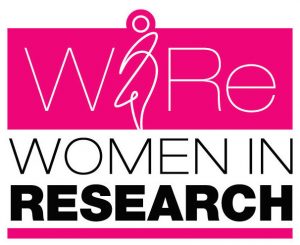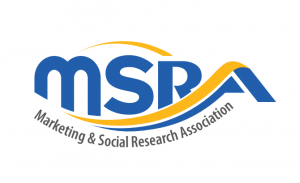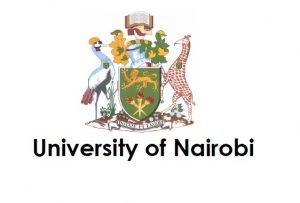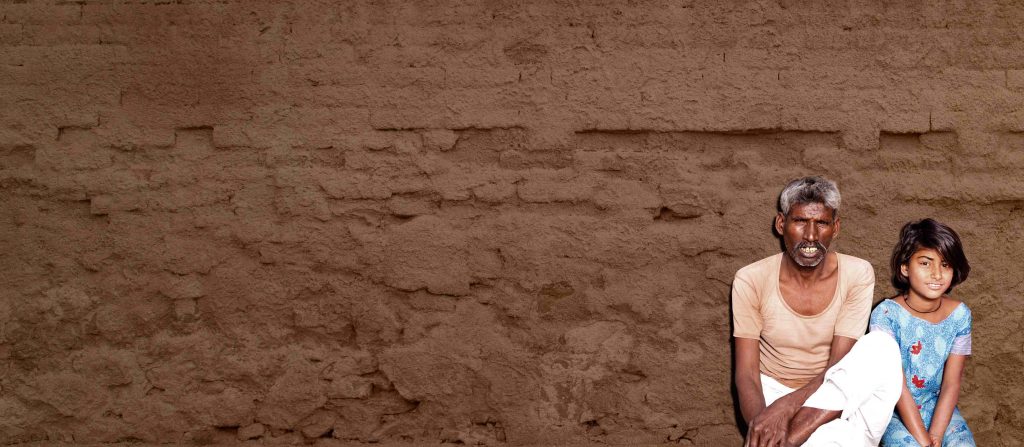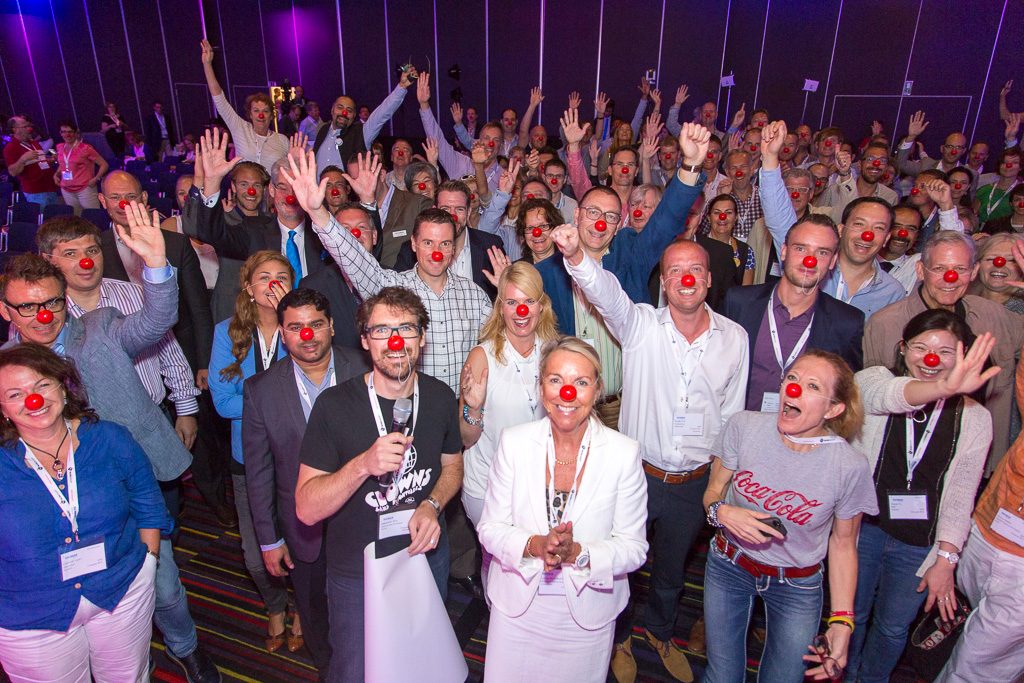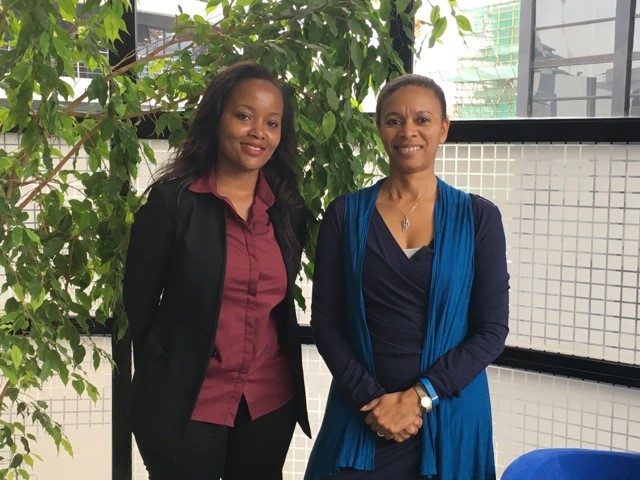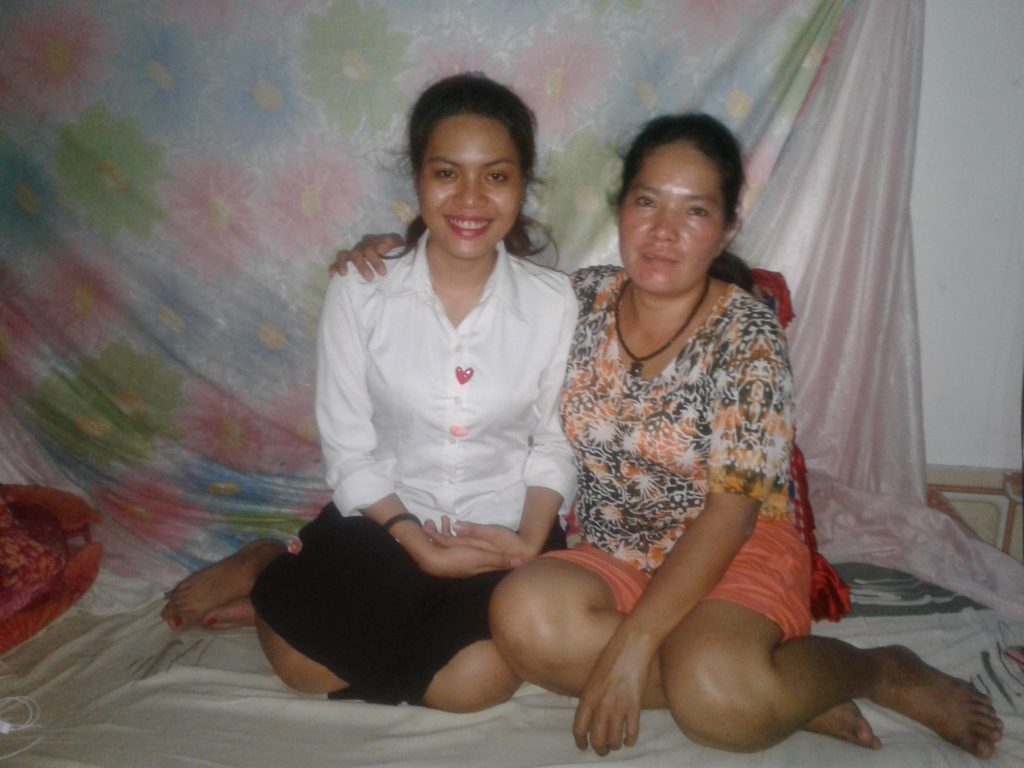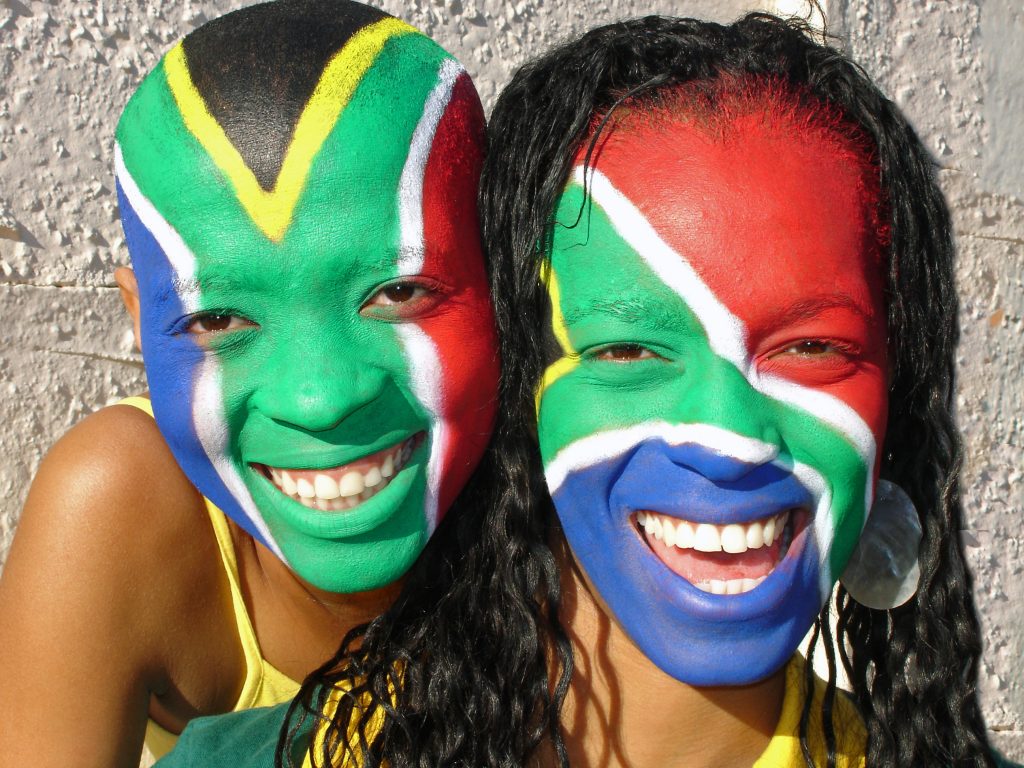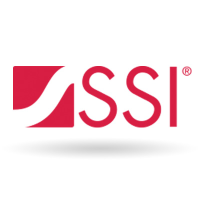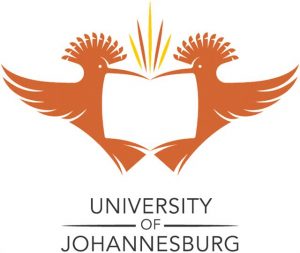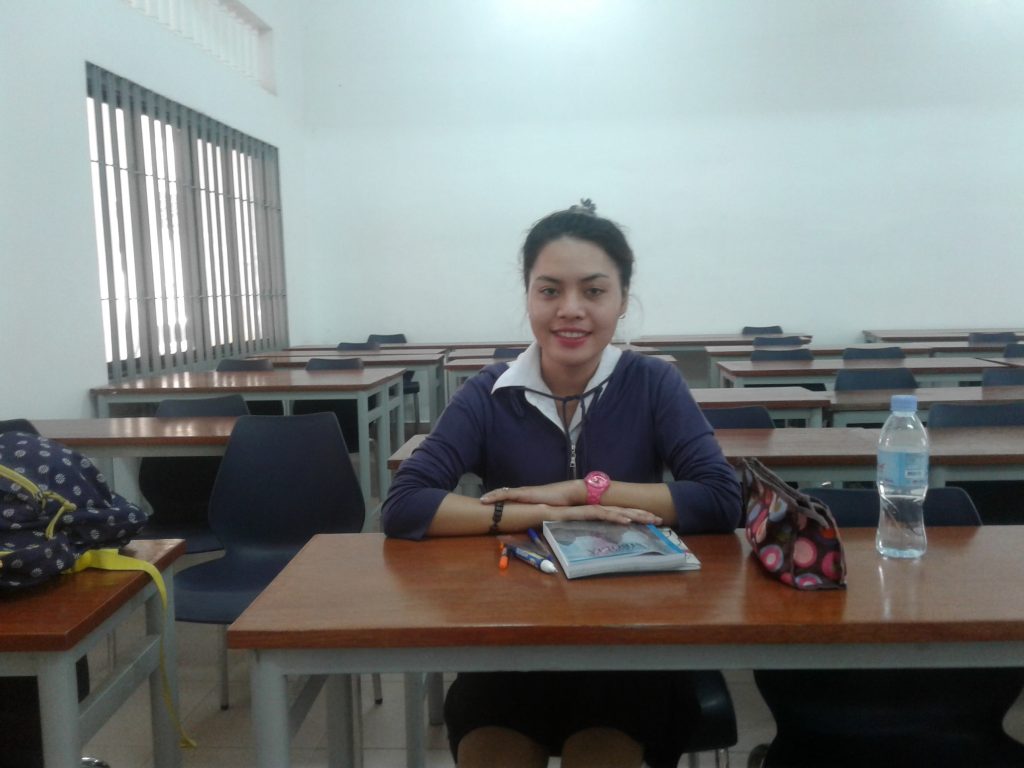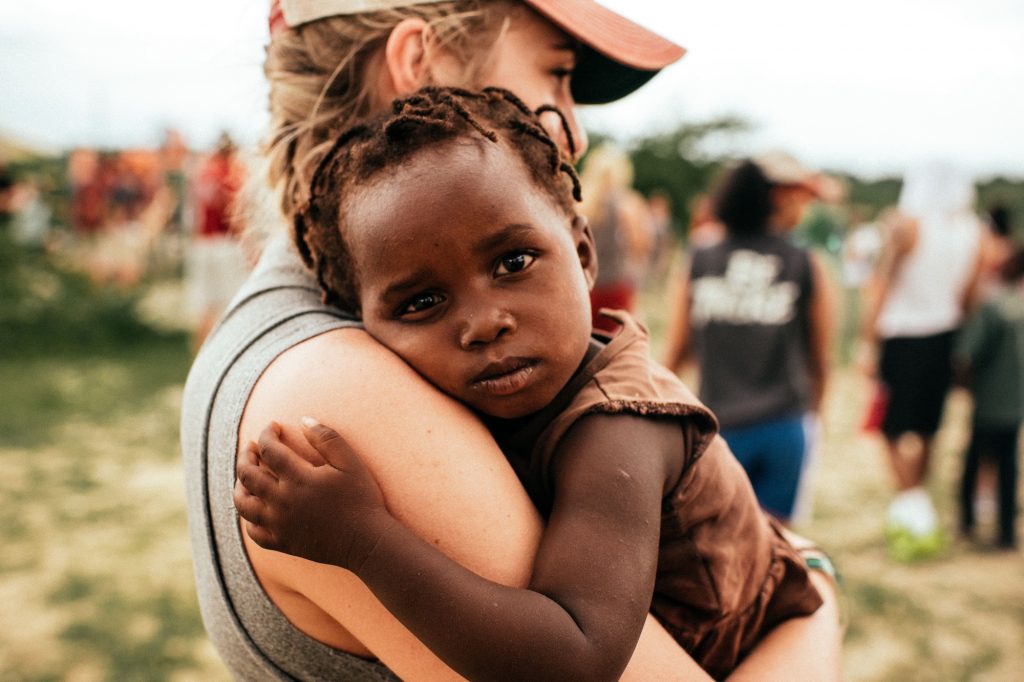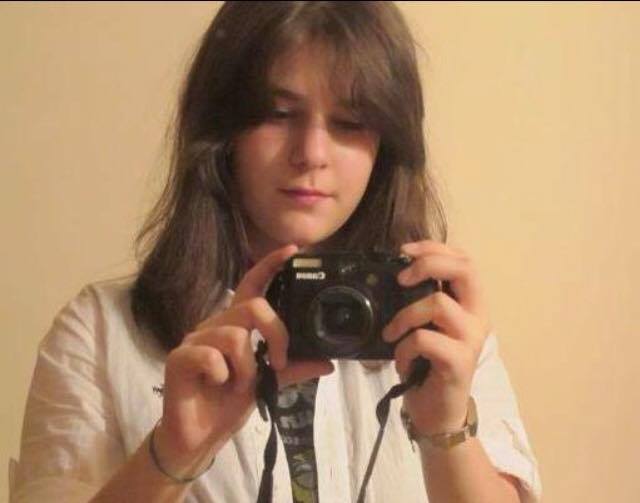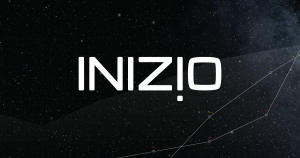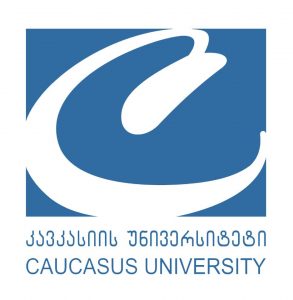Scholarship goal reached for Innocent Rwamba Nyaga in Kenya to pursue MS in market research at the University of Nairobi
19 July 2017 – Amsterdam, NL – The ESOMAR Foundation, a charitable organization representing the market research industry, in cooperation with global non-profit Women in Research (WIRe) and Unilever, recently funded the Marketing and Social Research Association’s (MSRA) Kenyan Scholarship initiative. The scholarship has been assigned to recipient Innocent Rwamba Nyaga, who will be pursuing a Master of Science in Marketing, with a focus on Market Research, at the University of Nairobi, School of Business.
“Providing the opportunity for Innocent to pursue her studies in the market research field, and support the future of our industry makes us proud here at The ESOMAR Foundation.” says
Gunilla Broadbent, President, ESOMAR Foundation, “We are grateful for the generous support of WIRe and Unilever, two organizations who are just as committed as we are to investing in future talent in the market research industry!”
This year’s MSRA scholarship recipient student, Innocent Rwamba Nyaga, is a Kenyan native from a disadvantaged socio-economic background. Through the scholarship, Innocent will have the opportunity to pursue an advanced degree and, in the future, a career in market research. Through funding the education of women like Ms Nyaga, the organizations involved help to advance the voice of women in the market research industry as well as the voice of African women in the practice.
“The ESOMAR Foundation’s support for women in Kenya, and research as a whole, provides a strong basis for the industry to continue to develop from the principles of sound education and professionalism.” says Althea McCourt, Chair, MSRA, “This is an important milestone.”
Women in Research (WIRe) raised the funding for the scholarship through outreach to their global community, and supported by a matching donation from Unilever. WIRe is the leading non-profit organization dedicated to the advancement of women in the market research industry, providing career development and educational opportunities for women while supporting gender diversity initiatives. Unilever, a global consumer goods company with a strong focus on charitable initiatives—especially in emerging markets—matched the WIRe community’s contribution dollar for dollar to the scholarship fund.
“Supporting the ESOMAR Foundation and this scholarship initiative perfectly aligns with WIRe’s global goals and organizational initiatives,” says Kristin Luck, founder of Women in Research, “We look for opportunities to arm women in the market research and insights industry with the tools they need to develop professionally and support education, entrepreneurship and other career development goals. We are thrilled that our community stepped forward to support this important initiative, and we offer our congratulations to Innocent as she works toward her goal of a career in marketing research.”
Based on the success of the MSRA Kenyan Scholarship program, ESOMAR Foundation and WIRe plan to continue to collaborate in 2017 to fund additional scholarship initiatives in emerging or disadvantaged markets.
About ESOMAR Foundation
ESOMAR Foundation is a charitable Foundation representing the Market, Social and Opinion Research industry. Our industry has a wealth of knowledge and experience that can be applied to every aspect of society to ensure a more transparent, reliable and sustainable world. The ESOMAR Foundation is the charity arm of ESOMAR, the global industry association of market, social and opinion research. https://esomarfoundation.org
About Women in Research
Women in Research (WIRe) is the leading non-profit organization dedicated to the advancement of women in the market research industry, supporting educational programming and networking events across five continents. WIRe programming also facilitates leadership, entrepreneurship, mentoring and other career development goals. WIRe’s mission is to advance the contributions and voice of women in research, both for themselves and the greater good of the market research industry. www.womeninresearch.org
About the Marketing and Social Research Association
The Marketing and Social Research Association (MSRA) was established in 1998 and is Kenya’s professional association for individuals involved in compiling or using marketing and social research. It aims to create a forum for research practitioners within which members can maintain a spirit of cooperation, support and mutual goodwill. http://msra.or.ke
###
Media Contact: Michelle Andre, michelle@womeninresearch.org, 415-577-8634
How you can support
If you are a market researcher, a national market research association, an NGO involved in research or a university interested in a scholarship in your country please contact us at info@esomarfoundation.org
Partners & Sponsors
We are always on the lookout for partners and sponsors. If you are an organisation looking to understand more on how you can support us, please find more information here or contact: info@esomarfoundation.org

